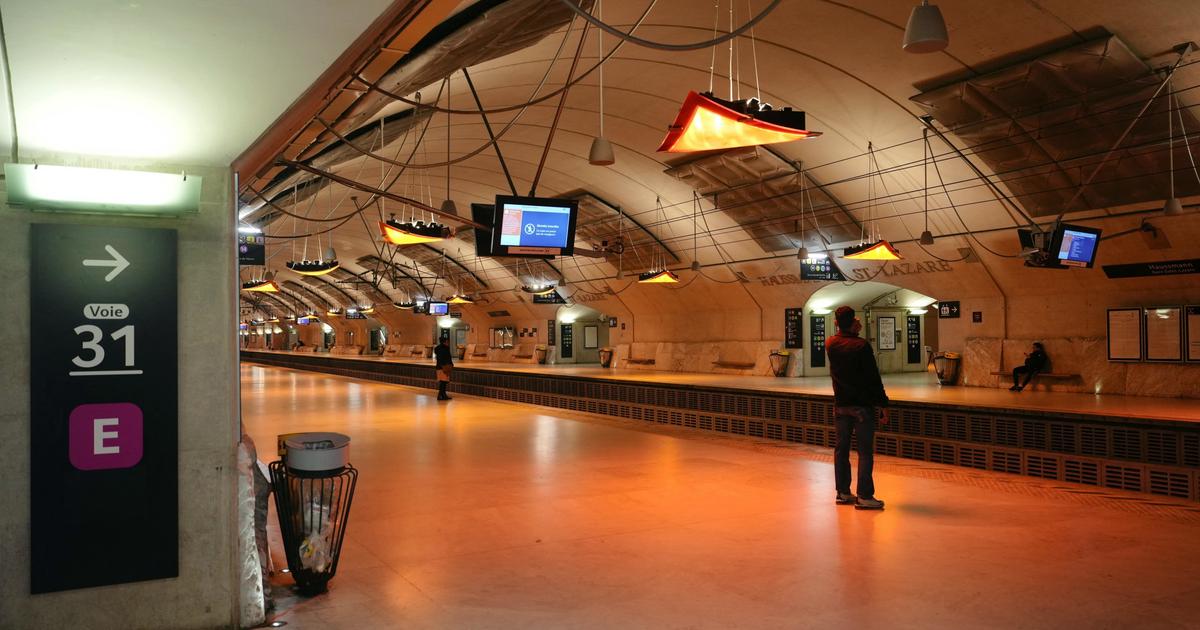Challenges Surrounding Paris 2024 Olympics Transport and Security Plans
With the Paris 2024 Olympic Games fast approaching, Île-de-France travelers are bracing for significant disruptions in transport services. While transport services will increase by 15% during the Games, the situation before and after the Olympics looks less promising. Specifically, from July 8 to 13, and again between August 12 and 25, there will be a 10% reduction in train services on the RER and Transilien lines. This adjustment, aimed at off-peak hours, is intended to ensure adequate capacity during peak times. However, the reduction has sparked backlash from user associations worried about longer waits especially as many residents will not yet be on vacation.
The most affected lines include RER C, which will operate at only 60% capacity, and RER E at 83% capacity. However, lines like RER A and RER B, operated by RATP, will run normal services. Transilien services will also face reductions with line J running at 83%, line N at 85%, and line H at 88%. The SNCF justifies these cutbacks by emphasizing the exceptional mobilization needed for the Olympic period and the necessity to manage staff vacations outside the Olympic window.
As the countdown to the Paris 2024 Olympics continues, security preparations for the opening ceremony on July 26 remain under intense scrutiny. Plan A involves a parade of athletes along the Seine, a historic first. However, there is also a plan B, involving a more traditional parade on the Pont d'Iéna between the Eiffel Tower and the Trocadéro, due to the high security risks. This plan would eliminate the initially planned audience of 320,000 spectators, citing concerns about potential terrorist threats. French President Emmanuel Macron and Organizing Committee head Tony Estanguet have both acknowledged that this alternative plan could be activated if the security situation demands it.
Despite the concerns, Olympic organizers continue to push forward. The Olympic flame, after a brief disruption in New Caledonia due to political instability, made its way to Reunion. In a symbolic relay, former French handball captain Jackson Richardson and world champion Daniel Narcisse carried the flame through the island's major cities. The flame's journey serves to galvanize the public and athletes alike, but beneath the optimism lies the undercurrent of logistical and security challenges that continue to loom over the much-anticipated global event.
- The Paris Olympic Games are expected to bring an influx of international visitors, which will put significant strain on public transport systems and necessitate tight security measures.
- Authorities are working round the clock to ensure that both transport and security plans are robust enough to handle the challenges during the event timelines.
- Faced with the dual challenge of ensuring adequate transport services and maintaining high-security levels, French officials are making painstaking efforts to address potential threats and public service disruptions.






